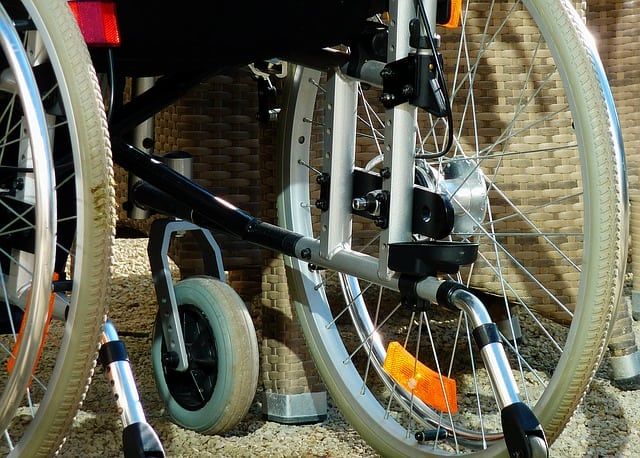What Are the Signs of Nursing Home Abuse?

When you place your elderly loved one in the care of a nursing home, you expect that they will be properly taken care of. You’ve vetted the nursing home, interviewed the staff, and looked at the room your loved one will be staying in. Everything seems like it will be fine.
Unfortunately, nursing homes in Maryland are often understaffed and patients aren’t given the care they need. Neglect is all too common, and in some cases, vulnerable patients are subjected to physical, emotional, sexual, and financial abuse.
Learn to recognize the signs of nursing home abuse right away and find out what you should do if you suspect your loved one was harmed in a nursing facility.
Signs of Nursing Home Abuse
Physical Abuse
Your loved one may have broken bones or bruises that cannot be explained. You may see evidence that they were restrained against their will, such as welts or marks on their wrists or ankles. If the nursing home won’t allow you to be alone with your loved one, even if asked, or if your loved one shows fear around caregivers, this is an immediate red flag.
Emotional Abuse
If your loved one has been emotionally or verbally abused, they may seem withdrawn or begin to act out of character. They may suddenly have symptoms that resemble dementia that they didn’t have before, such as rocking back and forth or mumbling quietly to themselves. They may not want to talk to you or others and may seem sad, depressed, or anxious.
Sexual Abuse
Nursing home patients, especially women, are frequently victims of sexual abuse. If your loved one contracts an STD, has frequent genital infections, or has bruising or bleeding around the pelvic area, they may have been sexually abused.
Financial Abuse
Look for unexplained withdrawals from your loved one’s bank account or their money or valuables suddenly going missing. You should also be wary of sudden requests by your loved one to change their power of attorney or revise their will.
Neglect
Neglect is another form of abuse that happens all too often in nursing homes. Weight loss and dehydration may suggest staff are not helping them to eat or drink, which more common in patients who are unable to adequately nourish themselves. Bedsores, body odor, or soiled clothing are other signs of neglect.
What to Do Next
If you think your loved one is being abused or neglected in a nursing home, contact a Maryland personal injury attorney. Your attorney can advise you of your rights and what your next steps should be to protect your loved one and others in the nursing home. Call the Avid Law Firm, LLC today at (240) 561-7433.

